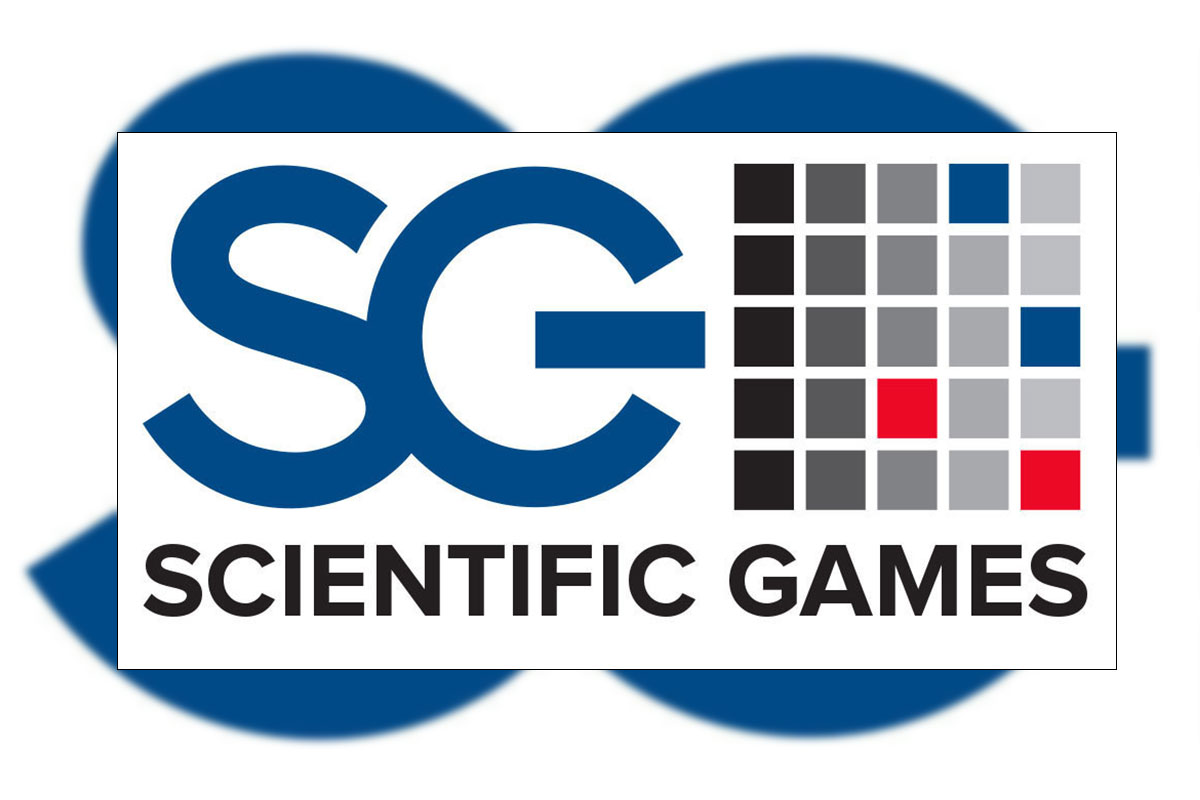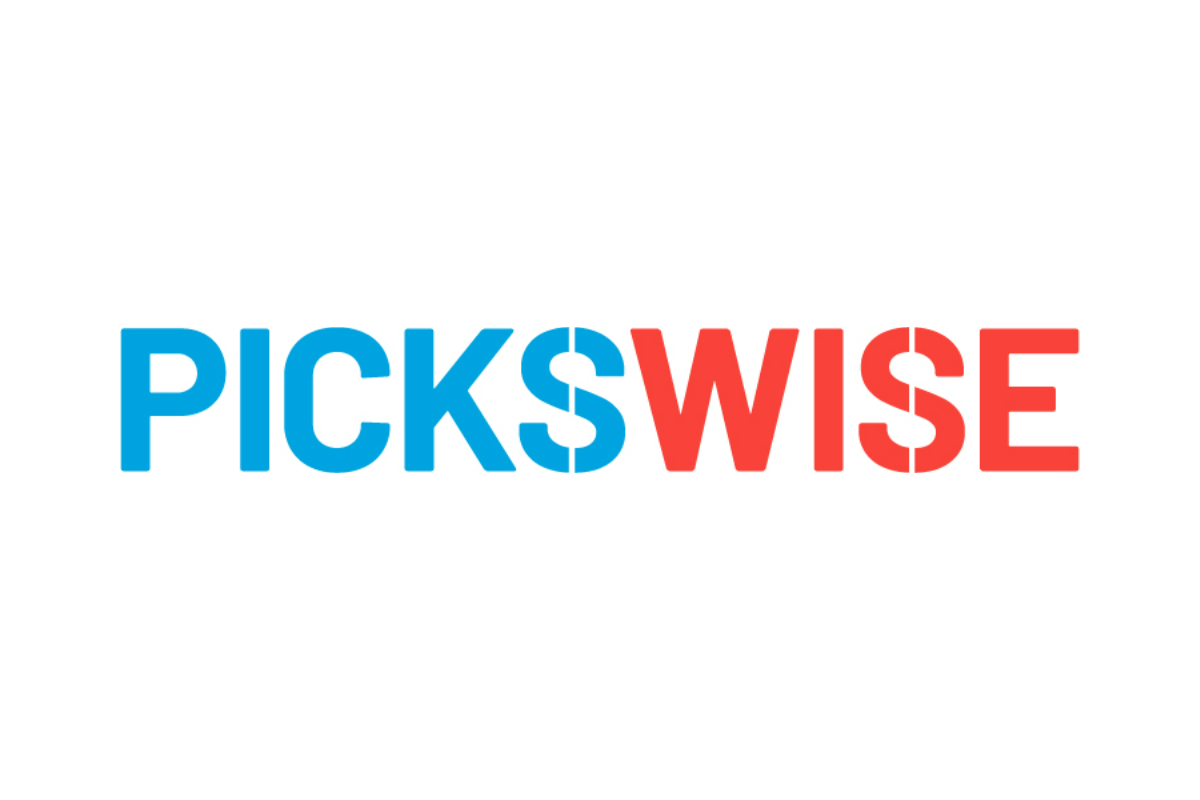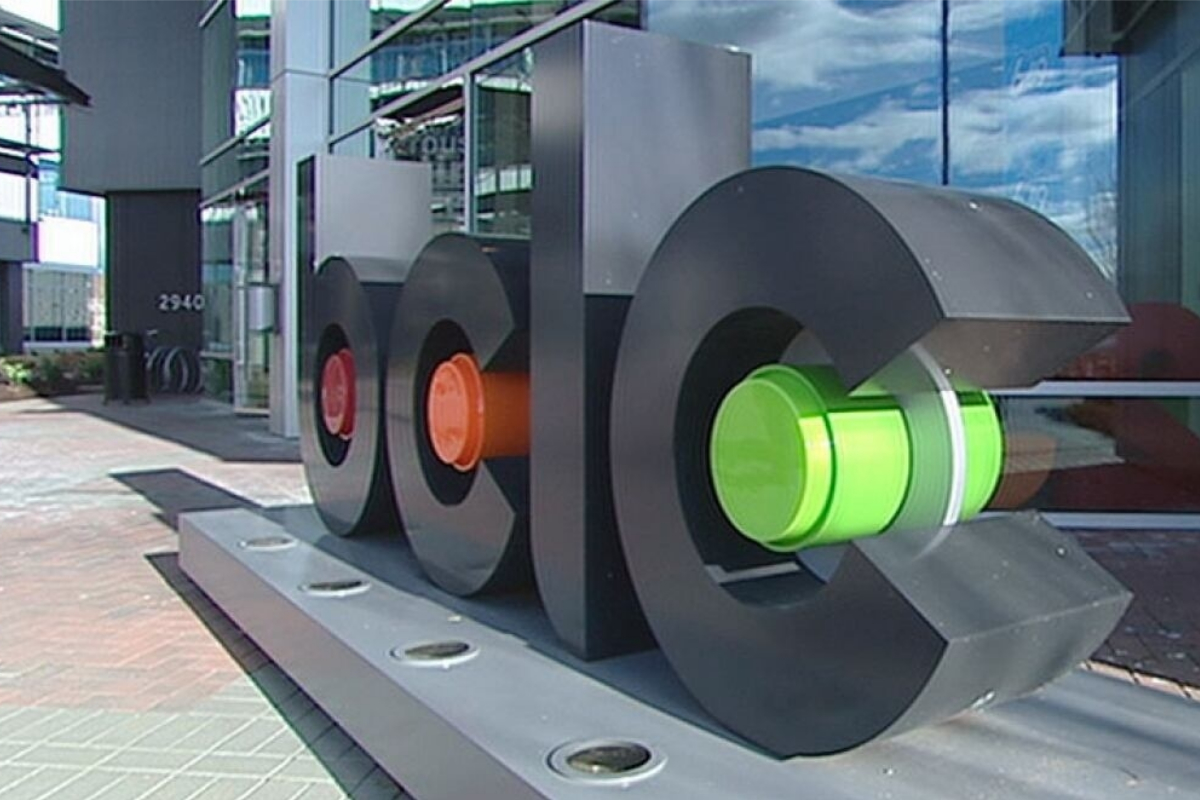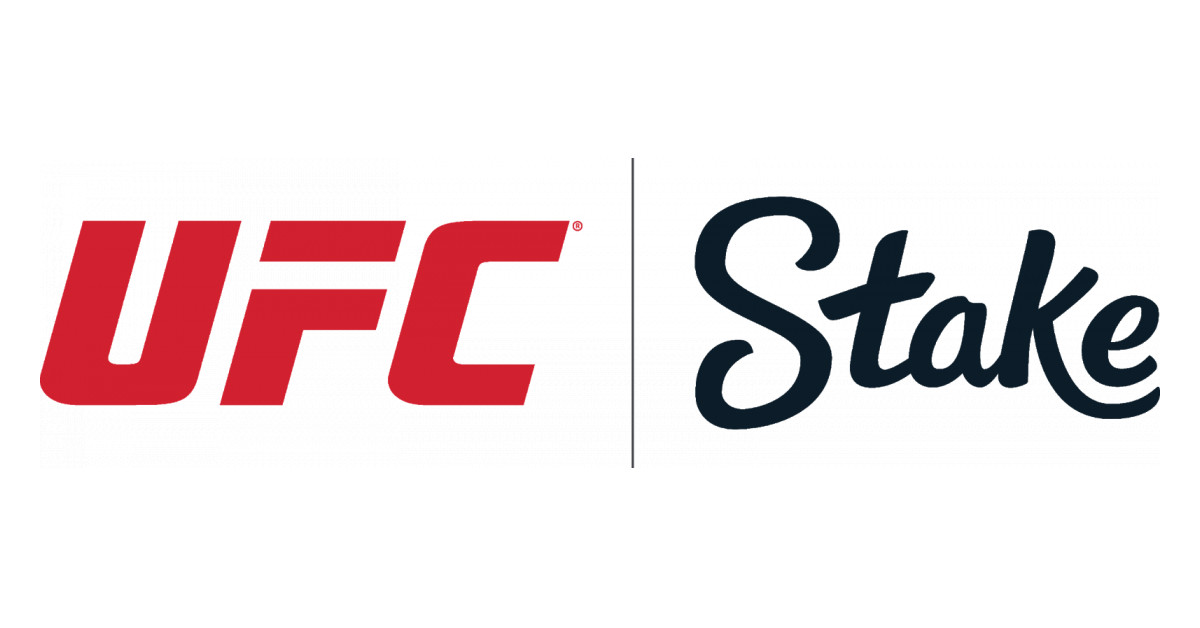
Scientific Games Partners with Leading Colombian Operator Rush Street Interactive to Go Live with its Online Casino Games at RushBet.co
Scientific Games Corporation has partnered with Rush Street Interactive, a U.S.-based gaming company, by taking its casino content live with a leading Colombian operator brand RushBet.co.
The expansion of the existing partnership between the two parties has already seen a host of popular in-house and third-party titles rolled out through the OpenGaming ecosystem to RSI’s players in Colombia, with the first batch of titles to hit the market including Big Time Gaming’s (BTG) Bonanza Megaways™, Dragon Palace by Lightning Box, the studio which joined the Scientific Games family earlier this year, and SG Digital’s Raging Rhino.
A further range of engaging games are set to receive certification for RushBet.co to offer its players in Colombia over the coming months as part of the multi-year agreement. Scientific Games will also provide exclusive content to RushBet.co, including a series of exciting digital conversions of the Company’s land-based hits.
Tatiana García Barrenechea, Commercial Director – LATAM, Scientific Games, iGaming said: “Scientific Games is proud to partner with RSI, a respected and proven gaming operator for online casinos in the U.S. and Latin America. This expansion of our existing agreement with RSI is another major step towards achieving our goal of becoming the leading content aggregator in the region. With a localized offering including land-based inspired titles, we are certain that the roll-out of content to RushBet.co’s players through OpenGaming will prove to be highly popular and hugely beneficial to both parties.”
Omar Calvo, General Manager of RSI Colombia, said: “Scientific Games is a global leader whose content is synonymous with quality and popularity. We are excited to bring these top quality and much-loved land-based casino games to our players and look forward to expanding the catalogue of certified games over the coming months and years. These games are fan favourites at RSI’s online casino sites in the U.S. and we anticipate RushBet.co players in the regulated market of Colombia will find them entertaining as well.”










